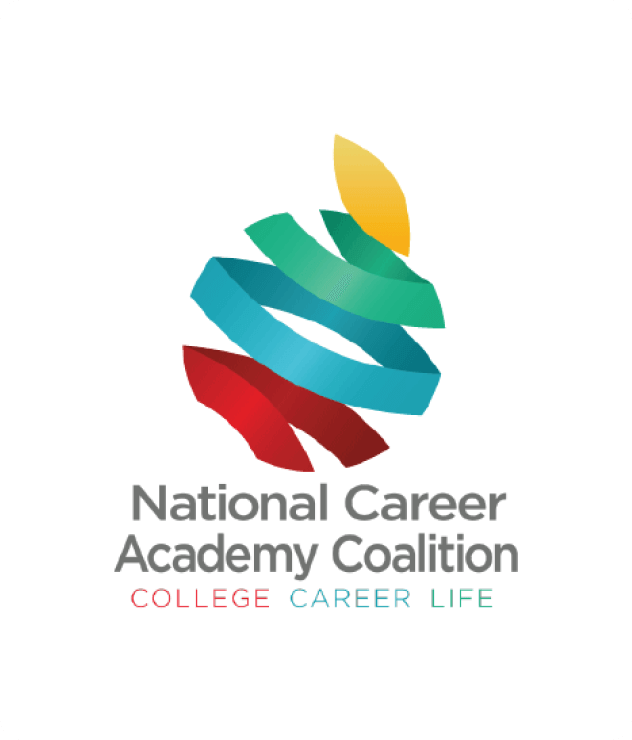It was already clear by the mid 1990’s that career academies were having an impact on reducing the number of young people looking to join gangs. Researchers theorized that Career Academies, offered youth an alternative “family” and identity. At the same time, the Bureau of Alcohol, Tobacco, and Firearms (ATF) was heavily involved in studying approaches to gang control and intervention and took note of this. Dr. Joseph Coffee a Director at ATF had become involved in the Washington DC academies as a community partner and volunteer through an organization called GMS Partners. Grace Sammon president and founder of that organization provided professional development and business and community partners to schools and academies. Sammon and Coffee recognized how important academies could be to communities and wondered how they could help.
The School to Work Opportunities Act of 1994 spurred interest in the model and many schools struggled to establish them. There were associations that supported academies in state-wide and city-wide initiatives and there were organizations that supported specific career-themed academies. But there was not an umbrella organization that shared information and coordinated resources to serve schools and districts that were struggling to learn about academies. So, in January 1996, Dr. Coffee invited local and national organizations that supported academies to a meeting in Washington DC. The goal of that meeting was to consider the creation of a new organization that would operate as a coalition of established nonprofits that would collaborate to serve schools adopting the academy model.
Only one organization agreed to join Coffee and Sammon and work toward that vision – the Philadelphia Academies, Inc. (PAI). Constance Majka, a Program Director, and Thomas Sheaffer, with the city of Philadelphia’s Department of Public Health and Chairman of the Law and Public Administration Academy saw the value of a national network of emerging and existing academies. Over the next year and a half, the four individuals met regularly to brainstorm and flesh out a vision and mission for the new organization. It was decided to keep the spirit of and invitation for collaboration open by calling it the National Career Academy Coalition (NCAC).
NCAC was incorporated in March 1997, and it was agreed that the best way to jump start the nonprofit was to hold a national conference. With a leap of faith, maxed out credit cards, and a brochure printed on an office copier, NCAC held its first conference in October 1997 in Cherry Hill, NJ. Over 450 teachers and administrators from as far away as Hawaii traveled to the inaugural conference. The first conference also hosted a Student Strand of 50 students from Washington DC and Philadelphia.
In 2004, NCAC lead the collaborative development of the National Standards of Practice (NSOP) for career academies and together with the College and Career Academy Support Network (CCASN) and the National Academy Foundation (NAF), hosted a press conference in Washington, DC to launch the NSOP. NCAC has kept the grassroots spirit of practioners helping each other and has always been responsive to academy teachers and administrators. Our products and services are based on their needs including: NSOP Rubrics, NSOP Review Process, 9th Grade College and Career Seminar Course, Capstone Manual, and our Career Academy Leaders Collaborative. NCAC’s professional learning is comprehensive and focused on academy planning, design and implementation that aimed at achieving Model Status.
In 2019, career academies celebrated their 50th year in existence and NCAC held its yearly conference in Philadelphia and premiered the video, “Whatever it Takes” – a tribute to the Founders of the Academy Model. There have many changes and refinements in NCAC since 1997. But what has not changed for NCAC is the sense of indomitable optimism and can-do spirit along with a high regard for educators seeking to improve the lives of children through the Academy model.

Get a jump start in evaluating your current standing and potential areas for improvement.